For weeks, the Rustaveli Avenue in Tbilisi has looked like a battlefield. Thousands of protestors, mostly in their twenties, have been met by riot police armed with tear gas, water cannons and rubber bullets. On the face of it, the protest is about a new repressive bill in its final reading in the Georgians parliament. In reality, it’s the struggle between a government that is turning towards Moscow, and a citizenry who by and large believe the future lies with Europe.
The crunch point comes next week when the Georgian parliament will vote on a bill which, if passed, would label as a “foreign agent” any political or civil society pressure group that receives more than 20 percent of its funding from abroad. The bill replicates a Russian law which allows the Kremlin to hound independent media and opposition voices. Such a law would also dash any hope of Georgia joinin the EU: this week, in reaction to the government’s heavy–handed attempts to disperse the protestors, more than thirty members of the European parliament called on Brussels to withdraw Georgia’s EU membership candidate status. Georgia’s president, Salome Zourabichvili, has vowed to veto the foreign agent bill after the third reading, but the parliament has enough votes to overrule her.
If the bill passes, it could mean revolution. Georgia, a country offour million people, wedged between Turkey and Russia, has already overthrown one leader in its recent history: Eduard Shevardnadze, who was accused of election rigging. That was the Rose Revolution in 2003, which put Georgia on a pro-western path. Russia responded four years later when Moscow-backed separatists seized about 20 percent of Georgian territory. South Ossetia and Abkhazia have remained under Russian occupation ever since — one of Vladimir Putin’s so-called “frozen conflicts.”
When Russian tanks rolled towards Kyiv in 2022, the EU responded to Putin’s aggression by opening up paths to membership for Ukraine, Moldova and Georgia. The EU accepted Georgia as a candidate state last December, although the government had not fulfilled the usual accession criteria.
Some 80 percent of Georgians want their country to join the EU. But Bidzina Ivanishvili, an oligarch who made his money in Russia, former prime minister and leader of the governing Georgian Dream Party, remains the main powerbroker. Officially he advocates a “third way” for Georgia, staying close to Moscow while pursuing EU and Nato membership. But he has never liked the EU’s emphasis on curtailing oligarch power (“de-oligarchization”) and he has played a double game, applying for EU membership to assuage public opinion, while making sure Georgia never passes the reforms it needs to be accepted.
Georgian Dream, which he founded in 2012, won power in the last three general elections on a pro-EU platform, but has been doing its best to annoy Brussels by refusing to join sanctions on Russia and making friendly overtures to China. Beijing has, in turn, invested more than more than $1 billion in highway infrastructure in Georgia and is planning to build a port in Anaklia on the Black Sea, a strategically important stop on the trade route known as the Middle Corridor. In theory, Georgia wants to join the democratic world. In practice, the government is busy tightening its links with autocracies.
Georgians have noticed this, which is why the governing party’s poll ratings have plummeted. But Ivanishvili is prepared to use any means to stay in power: propaganda, disinformation (the opposition even allege vote–rigging). The proposed new law could open the door to members of any group deemed a “foreign agent” being denied access to polling stations and having no recourse to call out foul play in elections, as has happened in Russia. Even now, dozens of Facebook ads funded by the government are targeting the protestors, portraying them as instigators of a western-backed revolution and labeling them “LGBT propaganda” actors.
Police have also targeted opposition leaders in the crowds of protestors outside parliament. Levan Khabeishvili, chair of the United National Movement, the main opposition party, suffered a facial fracture. Meanwhile Mikheil Saakashvili, former president and leader of the Rose Revolution, remains in prison, viewed as a pro-western rival.
Ivanishvili controls several major TV channels and he uses them to push propaganda and slander his opponents. Ivanishvili has also started to promote pro-Moscow conspiracy theories. In a rare TV appearance last week, he said that Georgia is being used as a pawn in a confrontation with Russia by a western “global war party.” The West, he claimed, wants to open a second anti-Russian front, in Georgia — which was why the new law was needed.
‘He is choosing the wrong side of history and is trying to drag the Georgian people down’
Even the Ukrainian government has been accused of preparing a coup in Georgia. “Georgian Dream vacillates between alleged neutrality regarding the war in Ukraine and open attacks,” says Tina Bokuchava, leader of the United National Movement. “The truth is that they are betting on a Russian victory.”
The protestors’ strategy is quite straightforward: Georgian Dream were forced to withdraw the bill last year because of protests. With Georgia’s political opposition dispersed between lots of small parties, these street protests represent the only form of cohesive resistance, although Bokuchava says negotiations to unite the opposition parties have begun. There isn’t much time: parliamentary elections are set for October.
Joe Biden’s administration has lambasted the foreign agent bill and fourteen US senators have sent a warning letter threatening to impose sanctions on politicians who vote for it. Ivanishvili is already scrabbling to secure his global assets before international sanctions are imposed (parliament has recently passed laws allowing him to do that). Such pressure on the oligarchs can be effective, says Bokuchava. “Ivanishvili has to feel the consequences of adopting that law while Georgian people need to see that the EU and the US are standing by them.”
She sees Ivanishvili’s support for the foreign agent bill as part of a broader, global picture. “This is part of a civilizational war that Russia is fighting against Ukraine and the West. Ivanishvili is choosing the wrong side of history and is trying to drag the Georgian people down into that political abyss. But the Georgian people are saying: ‘We are not going down with you!’ And that mood and that determination can really be felt if you walk the streets of Tbilisi.”
The main slogan of the rallies — “Yes to Europe, no to Russian law” — has morphed in recent days to “No to Russian law, no to the Russian government.” The Rose, Orange and Maidan Revolutions were all driven by a sense of democratic optimism, the hope that it is possible to escape from Putin’s claws. With Russia pushing back Ukraine’s front line, that feels far from certain at present. There is a sense in Tbilisi that time may be running out. “The historic moment is now,” says Bokuchava. “That window of opportunity that exists [to join] the EU now was not there a couple of years ago. We don’t know when that window might open up again.”
This article was originally published in The Spectator’s UK magazine. Subscribe to the World edition here.



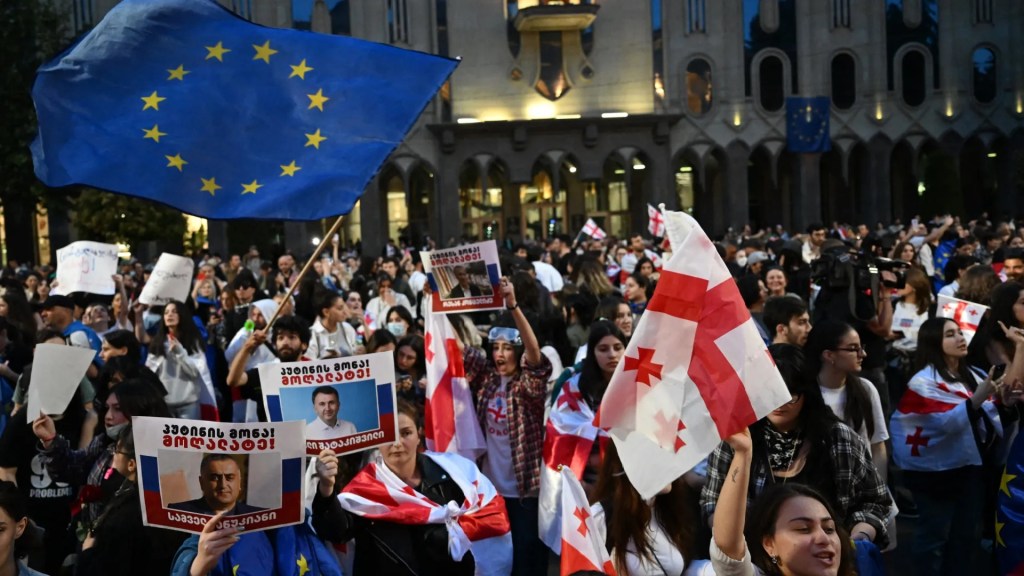








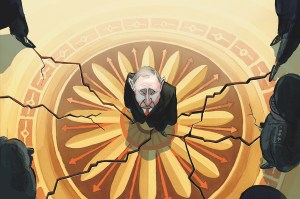
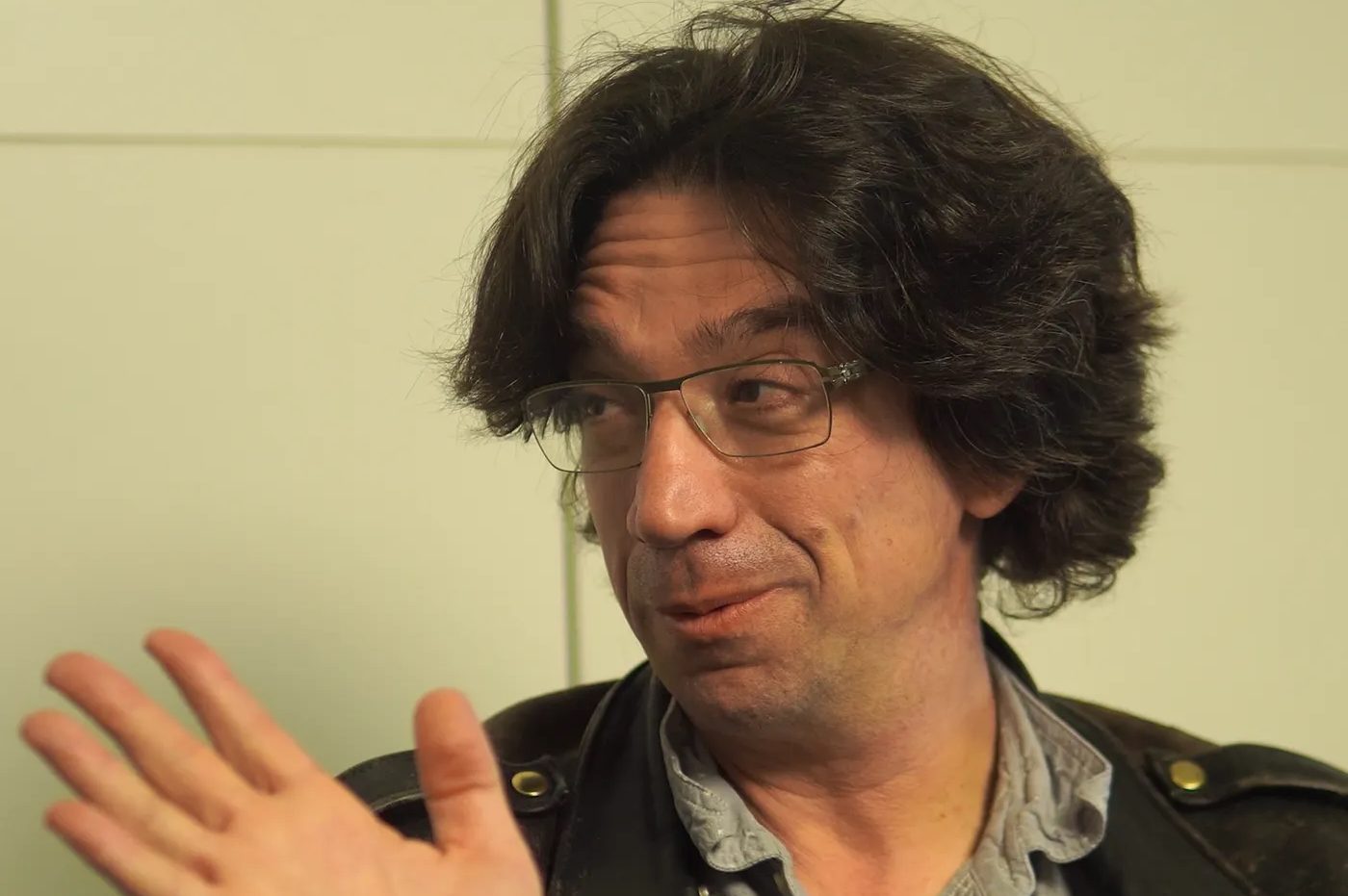

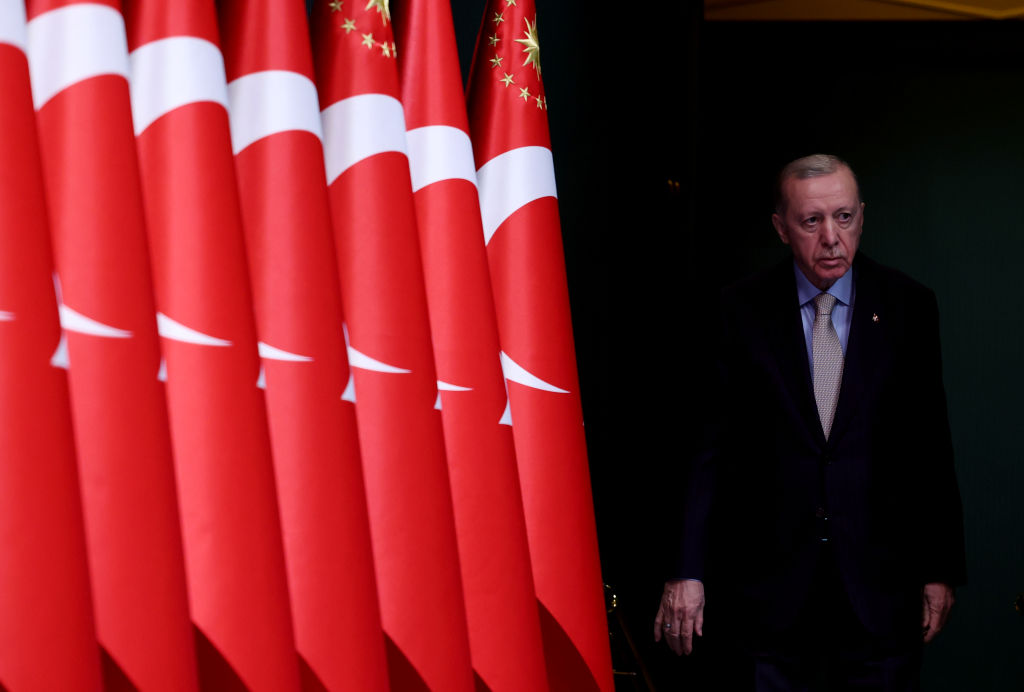

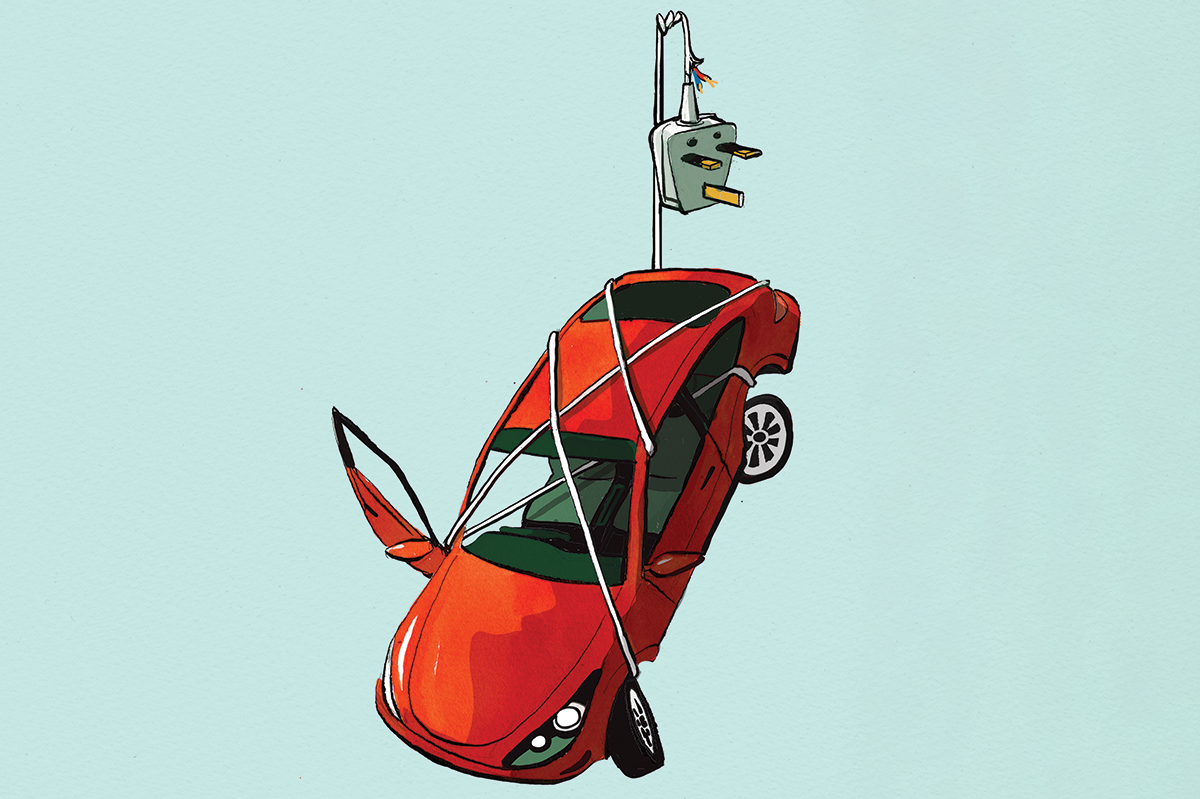








Leave a Reply